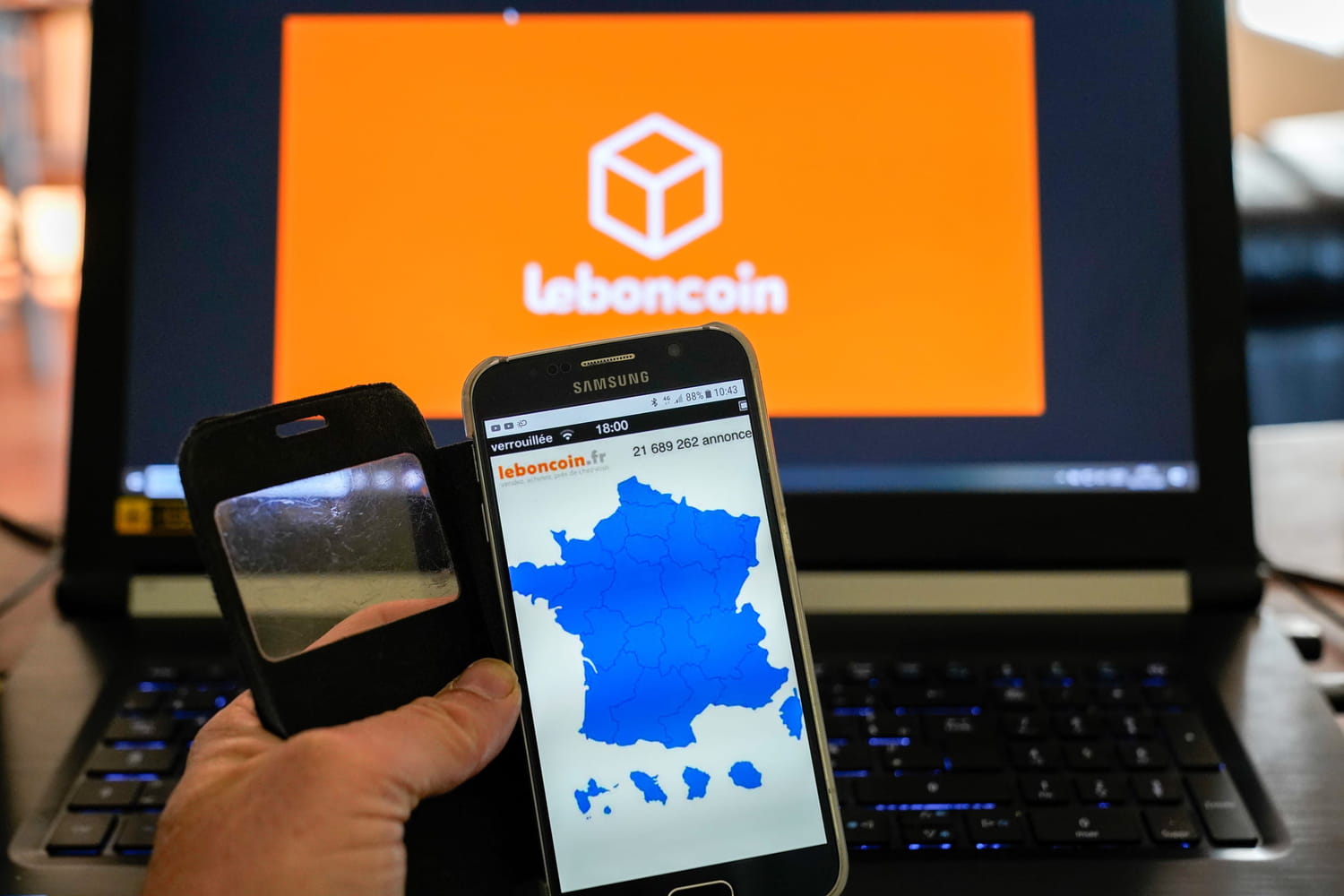This sentence in a Leboncoin message should alert you immediately. Louane tells us.
Online scams are everywhere today. The crooks are increasingly clever to trap their victims. They use false websites that look like real shops, send messages that seem to come from our bank, or make calls by pretending to be an expert. These fraudsters know how to exploit the confidence of the victims very well and the fact that they do not always know the latest methods put in place. The sales sites between individuals and Leboncoin have become their new favorite targets because they can easily enjoy people who sell their business from time to time and who do not know all the workings.
Louane, a young active from the Paris region, has recently experienced it. “I wanted to sell my washing machine on Leboncoin. I prepared my announcement carefully, wrote the description, added quality photos”she tells us. What was to be a simple transaction quickly turned into an attempted scam. “Once the announcement has been posted, I received in less than a minute a message from a person who seemed completely normal. His nickname was made up of a first name and a name”continues Louane. The message received seemed legitimate at first glance: “Hello, the price suits me, but I am currently on the move, I have no fixed return date, suddenly, I pay by Wero in advance and my brother comes to recover the package at your home.” Wero is the new European instant payment system launched recently, which many users still know little. The crooks precisely exploit this ignorance to create false transfers or request banking information on the pretext of using this service.
Fortunately, Louane had the reflex to consult a close close to transactions on Leboncoin. “He immediately told me that it was a scam. Looking on the internet, I actually read articles denouncing this scam with Wero”she explains. The Wero scam operates in several ways: either the crook sends a false capture of transfer screen which does not exist, or it requests the seller’s bank details under the pretext of making the Wero transfer, then uses this information to empty the account. In other cases, he can also send a fraudulent link supposed to recover the money, which in reality steals the victim’s banking data.
By learning this, Louane’s reaction is an example to follow: “I returned a message to the buyer potential telling him that I did not want to go through this means of payment. And as if by chance, I did not have any news.” The speed of the platform’s reaction also surprised it: “Without doing anything, a few minutes later, the Leboncoin service reacted, the offer was canceled and the interlocutor was blocked.” To avoid these traps, always favor transactions via the secure platform, beware of buyers that are too in a hurry or offering unusual means of payment, and never hesitate to report suspicious behavior to the platform.


